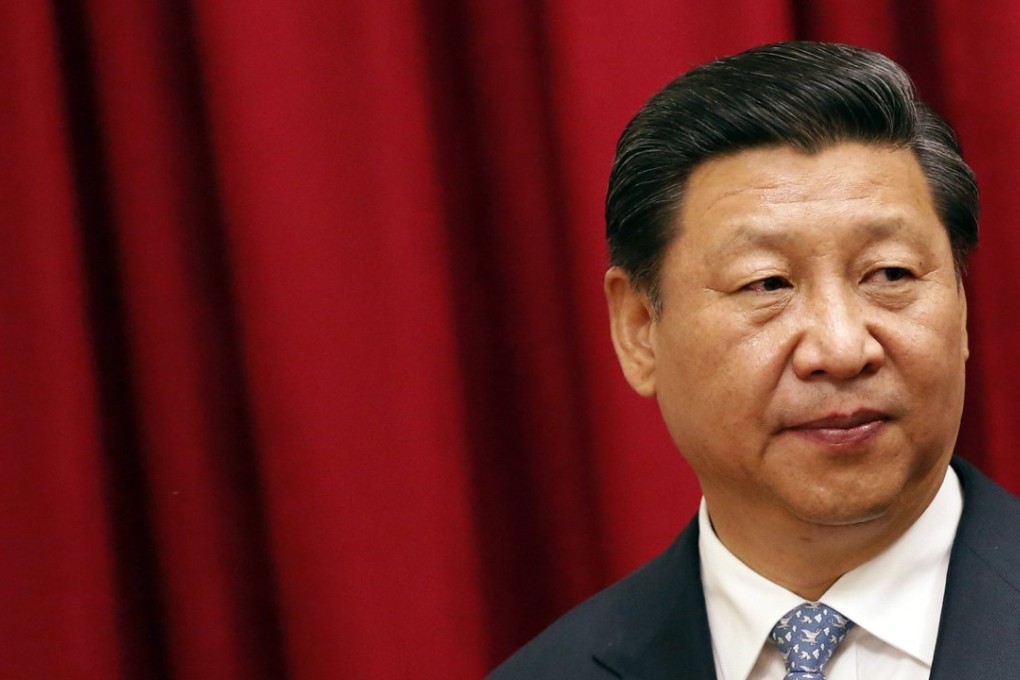Corruption index gives few insights into what is really happening in Xi’s China
Dan Hough says Xi Jinping’s anti-graft campaign has been far-reaching, but the mainland’s apparent improvement in a global corruption survey is not quite what it seems

President Xi Jinping’s (習近平) anti-corruption drive is now in its fourth year. In that time, more than 100,000 people have been indicted. That figure includes some 100 senior Communist Party officials, a dozen high-ranking military officers and a handful of top executives in powerful state-owned companies. Xi’s anti-corruption drive has subsequently become the most emblematic policy of his term in office.
On the surface of it, the campaign looks like it is working. Alongside the raft of prosecutions, in 2015, sales of Scotch whisky and Rolls-Royce cars – both regarded as suitable gifts with which to influence officials – dropped by 23 per cent and 54 per cent respectively. Data published on Wednesday nonetheless throws a modicum of doubt on the assumption that all of this action is having a substantive impact.
READ MORE: China’s statistics chief Wang Baoan detained in graft investigation
Every year, Transparency International, the world’s leading anti-corruption non-governmental organisation, produces a “Corruption Perceptions Index”. The 2015 edition includes data on 168 countries and territories, with the best performers registering scores as high as 91 out of 100 (Denmark) and the poorest as little as eight (North Korea and Somalia). Hong Kong is also a part of the index, improving its score by one point (from 74 to 75) on 2014.

The Philippines, for example, slipped from 85th to 95th, while Morocco went from 80th to 88th. Furthermore, China’s score improved by just one point, from 36 to 37. Its performance subsequently remained beneath that of both 2013 (40) and 2012 (39). That’s hardly a ringing endorsement of Xi’s massive anti-corruption efforts. This rather downbeat analysis need not, however, be the end of the story.
Expecting China to race up any corruption league table in a few years is unrealistic
On one hand, it will take time to change deeply embedded patterns of behaviour. Expecting China to race up any corruption league table in a few years is unrealistic.